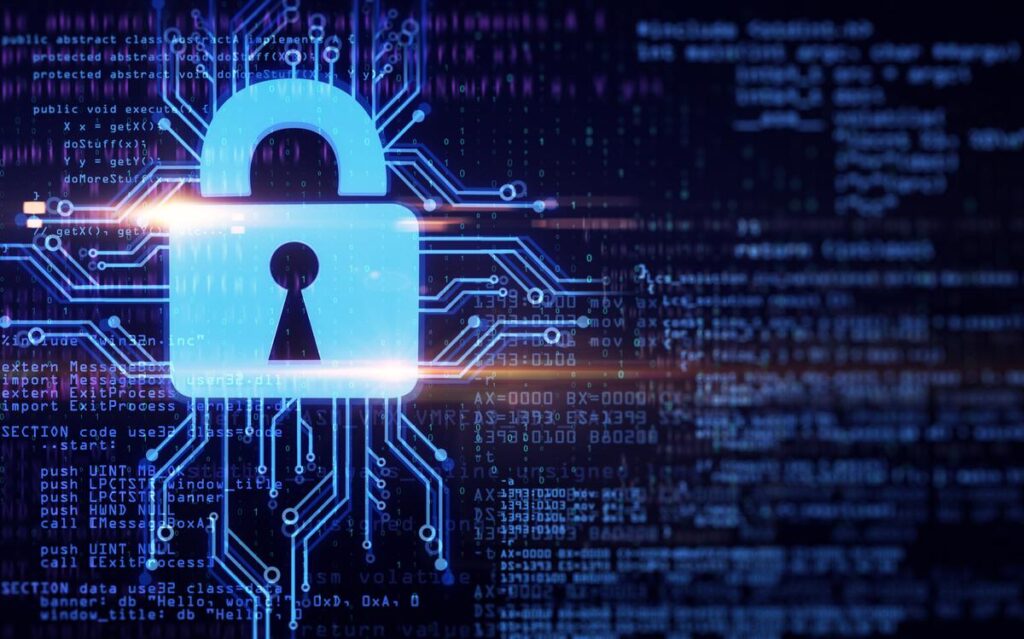Is Artificial Intelligence The Key To Better Password Security?
2021 has been a busy year for hackers. Since the pandemic started, hackers and other malicious third parties have had a field day with the amount of successful data breaches they’ve been able to perform.
According to data from the Identity Theft Research Center, over 281.5 million people were affected by a data breach in 2021, surpassing the total number of breaches in 2020 by 17 percent.
Phishing and ransomware are reportedly two of the most popular tools hackers use. Both methods generally take advantage of poor password security practices to steal personal information. In recent years, the healthcare industry, in particular, has been a prime victim because of the sheer amount of sensitive data collected.
Kaiser Permanente, an American healthcare and insurance company, recently shared that information from over 69,000 patients was leaked when a hacker gained unauthorized access to an employee’s email account. While the company was able to terminate the attacker’s access to the email within hours, medical record numbers and lab test results of patients were already obtained.
Artificial intelligence and passwords
Many of us know the importance of creating strong passwords to protect our accounts and valuables. Yet, many of us still possess lousy password habits, like reusing and sharing our passwords liberally.
Harnessing the power of artificial intelligence, scientists have recently discovered that they can figure out more than a quarter of 43 million LinkedIn profile passwords. Combining the program they’ve created and existing password cracking tools, the tool can also measure the strength of passwords.
While this discovery might be frightening to some, scientists believe this technology might be able to beat hackers at their own game.
How artificial intelligence can help improve password security
Researchers at the Stevens Institute and New York Institute of Technology have found that an AI technology software called PassGAN can outperform even the most robust and most utilized password-cracking algorithms from software like HashCat and John the Ripper.
AI has only increased in popularity, being used everywhere, from social media to the manufacturing industry. And now, it’s being used in passwords, but that doesn’t always have to be wrong.
Outsmarting hackers
With PassGAN, researchers have found that they could guess the common passwords used on several social media platforms.
By studying the data collected through this AI software, IT experts can educate others on the most common passwords and identify those needing more passwords and cybersecurity training.
Machine learning could build stronger passwords
Strong passwords should always contain at least a symbol, a mix of upper and lower case letters, and numbers. Ideally, these passwords should also not have any sort of personal information.
Neural networks in machine learning could help to enumerate the strength of a password and prevent users from using ones deemed too weak. Websites can employ the use of these neural networks to create a list of “bad passwords” that users tend to use, such as “password” or “12345,” and prevent them from using these passwords for newly created accounts.
Better authentication and behavioral analytics
When paired with machine learning, AI could successfully identify behavioral patterns and anomalies in the login activities of users. For example, suppose a hacker attempts to use brute force to log in to a user’s account. In that case, this counts as an abnormal activity, and an AI software could quickly identify this and prevent the log-in from happening.
The Human or Machine: AI Proves Best At Spotting Biometric Attacks report found that AI-based computer systems can spot biometric spoofing attacks more quickly than humans in terms of speed and accuracy.
In the report, the AI system and human volunteers were tested on their abilities to detect liveness in printed photos, videos, digital images, and even 2D and 3D masks. The human volunteers took 4.8 seconds on average per image, while the AI software took about 0.5 seconds.
Using artificial intelligence responsibly.
It’s clear that AI technology can be used for multiple purposes and will undoubtedly play a big part in the future. As a powerful tool, AI can become a bane and a boon. When used responsibly, AI could improve many aspects of human life and how we use other technology forms.


























